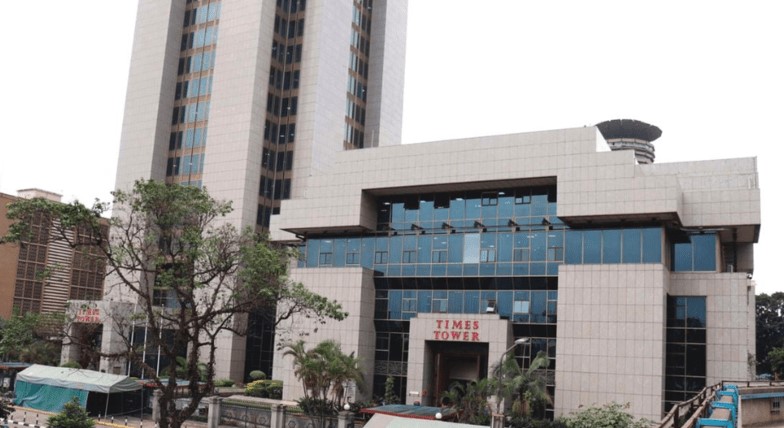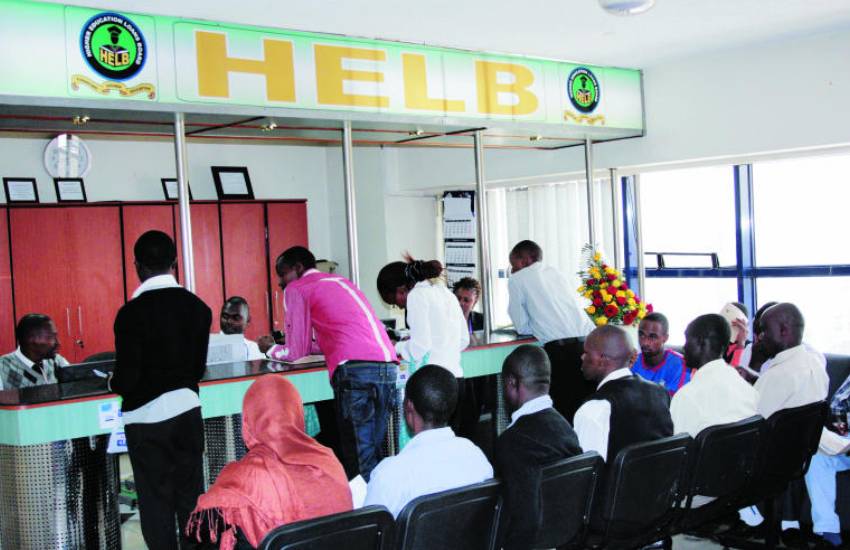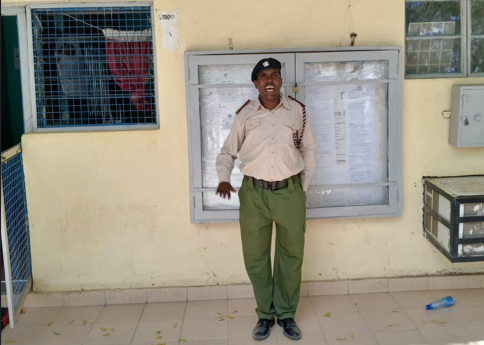Majority of Kenyans blame government taxes, policies for high cost of living as SHA woes mount - survey

The survey showed that 14 per cent of Kenyans cited corruption, while six per cent blamed lack of employment opportunities and two per cent pointed to poor agricultural productivity as key drivers of economic distress.
A majority of Kenyans have blamed government taxation measures and fiscal policies for the country’s high cost of living, a new Infotrak survey has revealed, with only a few citing global economic factors as the main cause.
According to the September 2025 survey, conducted among 2,400 respondents across all regions, 49 per cent pointed to taxes and policies, while just 19 per cent blamed international economic shocks, contrary to what the government has consistently argued.
More To Read
- Infotrak poll: Majority of Kenyans say country is on wrong track amid economic strain
- Millions of Kenyans facing financial hardship as cost of living outpaces wages – report
- Government’s inequality solutions not doing enough - World Bank report
- Kenyans’ happiness levels drop for second year running in 2025
- Not a choice anymore? Why borrowing is becoming a necessity in Kenya
- Kenyans struggle with low purchasing power amid high cost of living
The survey further showed that 14 per cent of Kenyans cited corruption, while six per cent blamed lack of employment opportunities and two per cent pointed to poor agricultural productivity as key drivers of economic distress. Another three per cent said they did not know the cause of the crisis.
“The majority of the public attributes their economic pain to deliberate domestic fiscal choices (taxation and government policy), rather than uncontrollable global shocks. Messaging that attempts to solely blame external global factors will likely be ineffective as the public clearly believes the solution lies in domestic policy adjustments,” Infotrak said in the report.
The pollster warned that these findings place pressure on the administration’s revenue mobilisation strategy.
“To regain public trust, the administration must revise its taxation framework or demonstrate a clear, immediate and high return on the increased taxes through improved service delivery,” Infotrak noted.
The survey also established that the high cost of living, unemployment and challenges surrounding the Social Health Insurance Fund (SHIF) and the Social Health Authority (SHA) have emerged as the biggest concerns for Kenyans.
According to Infotrak, 40 per cent of respondents cited the cost of living as their most urgent problem, 36 per cent pointed to unemployment, while 27 per cent raised SHIF/SHA implementation issues. Other major concerns included corruption (25 per cent) and the high cost of education (21 per cent).
Infotrak highlighted sharp regional differences. While the cost of living ranked highest nationally, unemployment topped the list in Nairobi and the Coast regions. SHIF and SHA challenges were more prominent in Central, Rift Valley and Nyanza, while access to education polled strongly in Nyanza (34 per cent) and Eastern (30 per cent).
“The prominence of SHIF/SHA issues and the cost of education signals a growing welfare crisis, where citizens fear losing access to affordable healthcare and schooling,” reads the report.
It added that interventions must be region-specific, with job creation programs prioritised in urban and coastal areas, while the government maintains a national focus on stabilising prices and clarifying SHIF implementation.
The survey also showed that Kenyans strongly link corruption to their economic struggles.
“The high ranking of corruption shows that the public directly associates poor governance and graft with the national economic hardships,” Infotrak noted.
Other issues raised by respondents included over-taxation (20 per cent), transport and road infrastructure (15 per cent), access to quality healthcare (13 per cent), insecurity and crime (8 per cent) and youth empowerment (8 per cent).
Smaller proportions also mentioned the cost of doing business, poverty reduction, clean water access, farm inputs, student protests, public participation and drug and substance abuse. The least-cited issues were ethnicity and tribalism, environmental conservation and disaster management, each at about one per cent.
The poll revealed consistent concern over the cost of living across all regions, with the Rift Valley peaking at 46 per cent. Unemployment was highest in Nairobi and the Coast at 41 per cent.
By gender, women (41 per cent) were slightly more worried about the cost of living than men (39 per cent). Youths aged 18–26 and middle-aged groups ranked unemployment highly, while Kenyans over 55 years expressed greater concern over healthcare access and corruption.
When asked to rate the cost of living, 70 per cent of Kenyans described it as either high or very high, with 46 per cent saying it was “very high.” Only 17 per cent rated it as average, eight per cent as low, and five per cent as very low.
Older citizens bore the brunt. Among those over 55 years, 56 per cent rated the cost of living as very high, compared to 43 per cent among youth aged 18–26.
“Policy relief should be mindful of fixed-income groups, like the elderly, who are reporting the most acute impact of inflation,” the report states.
In comparison with last year, 79 per cent of respondents said the cost of living is higher now, with 63 per cent describing it as much higher and 16 per cent somewhat higher. Only 12 per cent said the situation had remained the same, while nine per cent said it was lower.
Infotrak stressed that the cost-of-living crisis is fuelling “profound household strain and a deteriorating reality, providing the foundation for the pervasive national pessimism.”
The firm warned that the crisis demands “immediate, impactful relief measures” as slow or incremental policy changes may fail to register with a population that perceives the situation as rapidly worsening.
The government has now been urged to balance price stabilisation, anti-graft efforts and issue clarity on health reforms with targeted regional strategies to ease unemployment pressures.
Top Stories Today













































